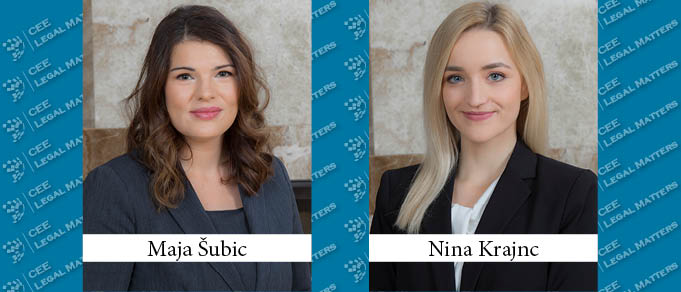Information on record-high gun-jumping fines, imposed by national competition protection authorities, flooded the law-oriented news over the past years. It seems that countries like Poland (e.g. case Gazprom), France (e.g. case SFR-Altice), the UK (e.g. case PayPal), Mexico (e.g. case BAS Projects Corporation and other companies), and even Zimbabwe (e.g. case Innscor Africa) are all following the pattern of enhanced supervision of merger notification obligation and pre-closing activities of the parties, involved in M&A, and increasing amounts of fines.
Even though the gun-jumping is not specifically defined in EU competition regulation, it is used in all Member States, including Slovenia, concerning mergers. The most typical example of gun-jumping occurs when a threshold, prescribed by national law or the Merger Regulation for merger notification, is met, however, the acquiring company fails to notify merger to national competition protection authority or, in case of transaction with EU dimension, it fails to notify merger to EU Commission. The term gun-jumping is also used for a situation, when acquiring company does not respect the so-called “standstill obligation” and effectuates the transaction pre-closing, i.e. before obtaining the merger clearance.
Different types of pre-closing activities representing gun-jumping can be recognized not only as a breach of Merger Regulation but also as a breach of Article 101(1) of the Treaty on the Functioning of the European Union.
As in several countries worldwide, increasing focus on sanctioning the gun-jumping can also be detected in EU Commission decisions since 2017. Namely, in 2019 EU Commission fined company Canon with EUR 28 million fine due to implementation of the acquisition of Toshiba Medical Systems Corporation before notification to and approval by the Commission. A year before, in 2018, the EU Commission fined Netherland based company Altice with EUR 124.5 million fine, for the same violations in the acquisition of telecommunications operator PT Portugal.
How about Slovenia?
As in the other EU Member States, merger notification to the Slovenian Competition Protection Agency (Agency) is required in Slovenia when certain thresholds, prescribed by the Prevention of Restriction of Competition Act (Act) are met due to M&A transaction. The Act also lays down the standstill obligation, prohibiting the acquiring company to effectuate the transaction before obtaining the merger clearance.
But does the Agency fixate to pre-closing conduct of companies in M&A transactions as other competition watchdogs worldwide and does it follow the same practice of escalating fines?
As the review of recent Agency’s decisions shows, yes.
Since 2012 there were six mentionable cases in which the Agency imposed fines for gun-jumping. All of them sanctioned failure to fulfil mandatory merger notification obligation and breach of the standstill obligation.
In 2012 the Agency imposed two fines for gun-jumping, namely a fine of EUR 48,677.98 to the company PUP in the acquisition of KARBON and a fine of EUR 108,589.36 EUR to the company IGEM concerning the acquisition of the company PUP.
In 2014, the Agency detected gun-jumping in the acquisition of the company Pršutarna Lokev and fined Celjske mesnine with a fine in the amount of EUR 157,000, as well as in the acquisition of PCK, where it imposed a fine of 208,752 to Topdom.
Interestingly, all of the above fines were significantly lowered by the District Court of Ljubljana, namely in all cases by half and in the case of Topdom to a total of EUR 49,703.
The most notorious case of gun-jumping in Slovenia was the acquisition of company Costella by Agrokor in 2016. the Agency imposed a fine in the record amount of EUR 53,9 million, which was decreased to EUR 1 million by the District Court of Ljubljana in 2020. However, the court’s decision is not yet final as both, Agrokor and the Agency announced an appeal.
A pattern of increasing fines imposed for gun-jumping can thus be detected also in Slovenia. However, in all cases, the Agency detected gun-jumping only when a company failed to notify merger, but so far there was no case when the Agency would sanction only the breach of the standstill obligation. Despite this, we can expect that the Agency will continue to intensify its control of pre-closing conduct of companies in M&A transactions. Therefore, special attention should be paid not only to the notification obligation but in all phases of the transaction: from the disclosure of sensitive data in the due diligence process, drafting of covenants on the ordinary course of business in the interim period down to the preparation of integration of companies’ businesses.
By Maja Subic, Head of Competition Law Practice, and Nina Krajnc, Associate, Miro Senica and Attorneys

